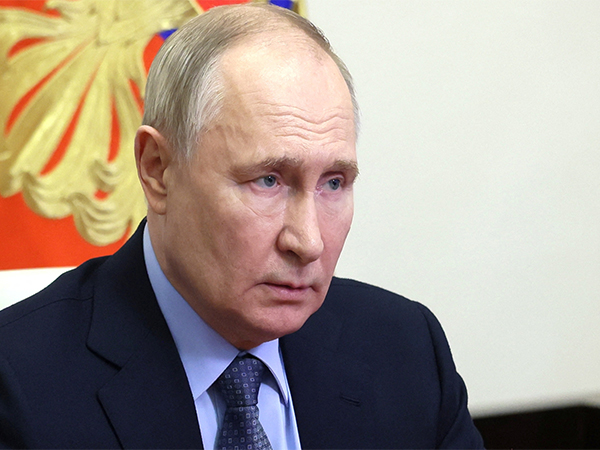President Biden's Historic Visit to Angola
President Joe Biden plans a historic trip to Angola, making him the first U.S. head of state to visit sub-Saharan Africa since Barack Obama in 2015. Scheduled post-UN General Assembly and pre-November election, the visit aims to bolster U.S. partnerships in Africa, countering China's increasing influence.

President Joe Biden is set to make a historic trip to Angola in the coming weeks, fulfilling a prior commitment that will make him the first U.S. president to visit sub-Saharan Africa since Barack Obama in 2015, according to three sources familiar with the plans.
The trip, currently in its final planning stages, is expected to take place after the United Nations General Assembly meeting in September and before the Nov. 5 presidential election, a source revealed. The White House has declined to comment on the specifics of the trip.
Biden initially planned to visit Angola late last year, but the trip was delayed due to the Israel-Hamas war outbreak in October. During a prior Oval Office meeting with Angolan President Joao Lourenco in November, Biden discussed the possibility of this visit. The visit aims to strengthen U.S. alliances in Africa, countering China's large-scale investments in the region.
Should Biden proceed with the visit, he would follow in the footsteps of U.S. defense secretary Lloyd Austin, who visited Angola in September 2023. The U.S. is currently supporting a project to connect the resource-rich Democratic Republic of Congo to Angola's Lobito port by rail, an effort to ease road congestion on the copper and cobalt route.
Biden's planned visit comes amid criticism for not traveling to Africa earlier in his term. His trip is likely to be scrutinized for its timing, just weeks before a closely contested U.S. presidential election. Biden's Democratic rival, Kamala Harris, and Republican opponent, Donald Trump, are virtually tied in recent polls.
(With inputs from agencies.)










